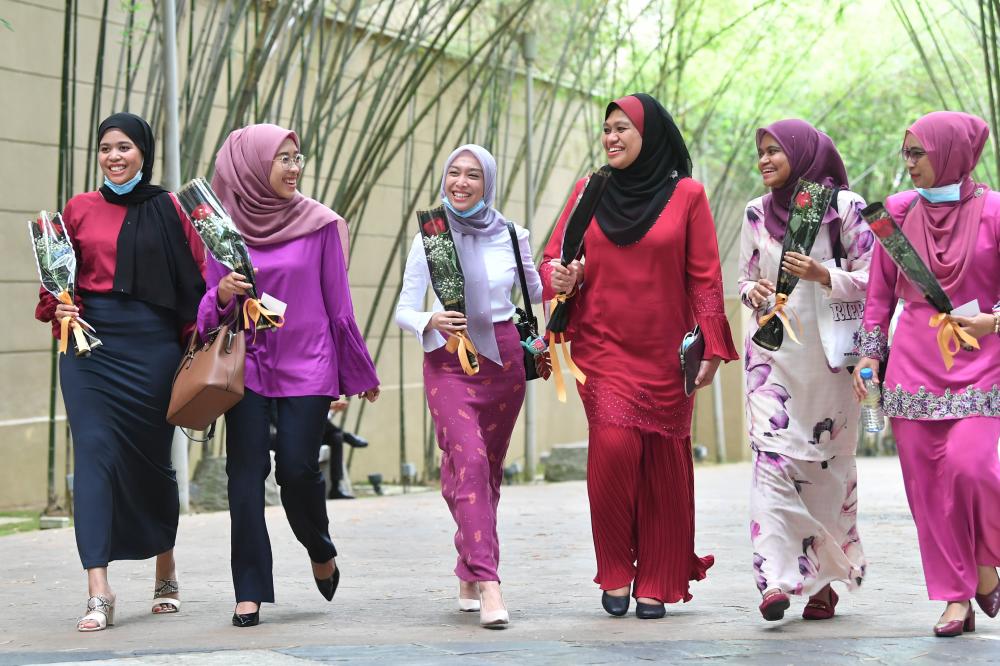PETALING JAYA: Although we may not realise it, Malaysians have always been partially sexist and misogynistic, which means having a culture of prejudice against women. In many ways, this is because we still retain the patriarchal culture that has dictated such a narrative for the longest time.
All Women’s Action Society information and communications officer Jernell Tan said there are loopholes in existing laws that still need to be addressed, such as in Article 8(2) of the Federal Constitution, and provisions in the Penal Code related to violence against women.
“The government had acted on certain women’s rights issues that contradicted its commitments to gender equality.
“For instance, it sought to overturn a court ruling that the basic right to confer citizenship to overseas-born children of Malaysian mothers should be automatic.
“This year, we have also seen rhetorics by influential political figures, with inadequate accountability being (imposed on) them. The most glaring examples are marital advice encouraging men to use ‘gentle but firm physical touch’ given by Deputy Women, Family and Community Development Minister Datuk Siti Zailah Mohd Yusoff, which condones domestic violence.
“And then there is the lack of strict disciplinary measures by the Parliament speaker against a member with a history of making sexist remarks and shouting obscenities against women MPs,” she told theSun.
Tan said to eradicate misogyny and sexism, there is a need to peel away deeply-rooted beliefs such as “male dominance” remaining as the status quo and “men being naturally more superior than women”.
“Findings from a study done by the Women’s Aid Organisation in 2021 show ‘very concerning trends’ in attitudes among the people about women’s independence in private and public life. For example, 85.1% support or (agree with) the idea that women prefer men to be in charge of the relationship.
“What is worrying is that men and women respondents express similar levels of support and uncertainty towards this statement.
“When given a reversed statement, i.e. men should control the relationship and become head of the family, women overwhelm men in explicitly supporting this belief (51.6% vs 22.2%), while three times more men than women respondents (64.5% vs 21.4%) were (supportive) towards this idea,” she said.
Meanwhile, Sisters in Islam advocacy, legal and research unit manager Adam Idris said misogyny and sexism are dangerous as they fuel discrimination and violence towards women. He said it was concerning that the nation seems to be leaning towards becoming a fully misogynistic and sexist country.
Patriarchal standards also negatively affect everyone, not just women.
“Misogyny affects the socio-economics of a society. For example, there are going to be missed opportunities and potential talents if misogyny continues. These contribute to the loss of potential income, ideas and inventions that may assist society to advance to the next level.
“By assigning gender stereotypes and roles, there would also be issues of shortage of manpower. Certain professional fields such as researchers, corporate board members and even politicians fall short with the number of women because of the practice of hiring one particular gender over another. Safety and security would also be affected as the continuance of misogyny would lead to sexual harassment or worse.”
He said women were also often disrespected in Parliament, where some male MPs have made snide remarks and comments against female colleagues.
“There is also low female representation in politics, with women making up less than 30% of the legislature. In the 14th general election, only 11% of candidates were women. It is hard to have a larger female representation in Parliament if (the percentage of) women candidates are very low,” he said.











